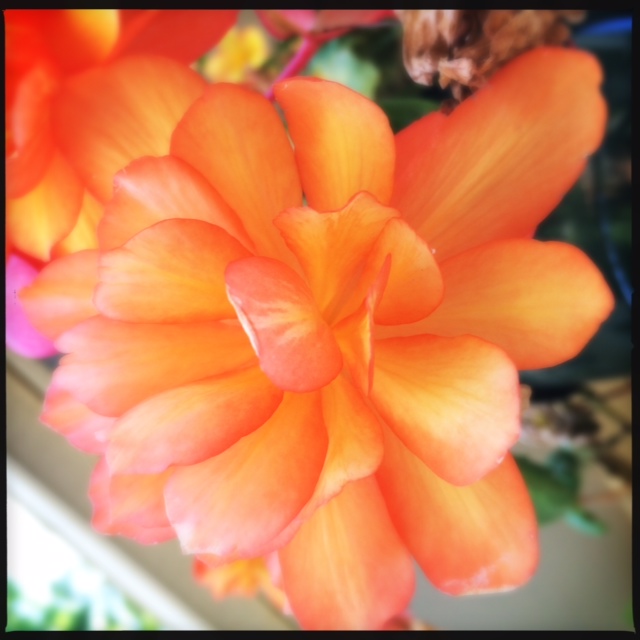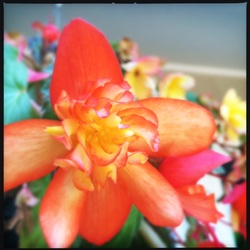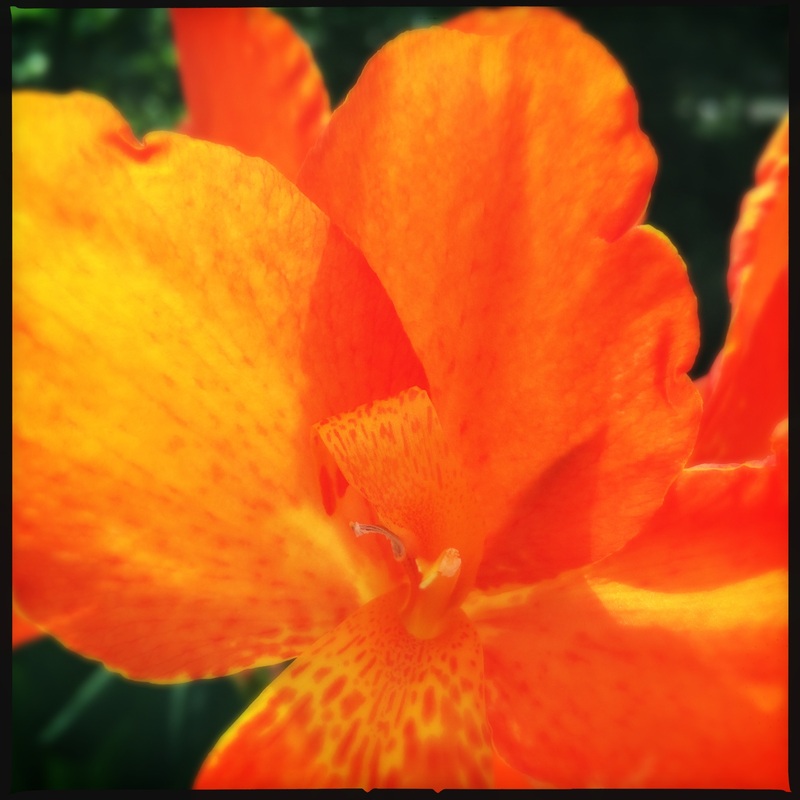An Industrious Enchantment
Donald Morrill
1.1
|
You open late aunt Charlotte’s bottom desk drawer and find there two sheaves of manuscript, one her unpublished novel or collection of verse, the other her journal. Which would you read first? And which would you read if you only had time or opportunity for one? Click here to continue reading.
|
Amazon Constellations
Sonya Huber
1.1
|
The Amazon portal appears to stand in for our public discussion of literature; in some ways, the product comments are truly democratic and in other ways the system is truly a mess. Yet with the dearth of reviewing outlets and the huge number of books being published, authors have to stump for attention, to be more savvy, and occasionally, when it’s warranted, to stand up for the complexity of our work in the face of reductive notions about what a “good book” might be. Click here to continue reading.
|
Fun Home: Change and Traditions
Derek Hinckley
1.1
|
Alison Bechdel’s graphic memoir Fun Home navigates the waters of non-traditional literary texts by deploying within the physical and psychological boundaries created by the panels of a graphic memoir Vivian Gornick’s well-known dichotomy of the situation, or the events and occurrences, and the story, or the author’s thoughts about those events and occurrences. While these qualities certainly speak to Bechdel’s deft authorial and artistic hand, they also have important implications for the development of literary nonfiction as the genre continues to take new forms in the multimodal, multimedia, multiplatform age. Click here to continue reading.
|
Interview with Melanie Hoffert
Lisa Streckert
1.1
|
After I published my first piece in a literary journal, a literary agent from New York contacted me saying that he thought that I could write a book. At the time, I had very little material. But out of excitement, I pulled together all I could gather and sent it to him. Not surprisingly, since I wasn’t really prepared, I ended up getting a rejection call from that agent’s partner. The partner told me that he wasn’t sure who would be interested in a book about North Dakota. I could have stopped writing right then, but somewhere in my bones I knew that others would related to the discussion of rural outmigration. I knew that other people carried a silence, like I did, when they returned to their childhood homes. Deep down I knew that I had something to say that would resonate with others. Click here to continue reading.
|
4 Questions: A Brief Interview with Kelly Daniels
Lauren Wilson
1.1
|
I started just making up stories in my youth, like four or five years old. I spent a lot of time alone in this period of my life—I lived out in the desert in this place called Anza that I mentioned in the book. That was a formative place for me just because there were no other people around, no other kids. So basically, just the solitude made me rely upon my imagination to entertain myself. Also, it just seemed very magical to me, being away from people like that, especially since earlier in my life I lived on the coast in very populated beach towns. That always stuck with me. I never really thought of writing as a career, just because I didn’t know how to do it—and I still don’t—in a lot of ways. Click here to continue reading.
|





